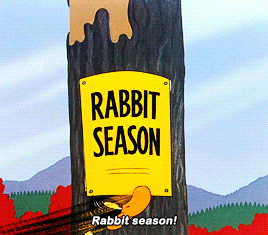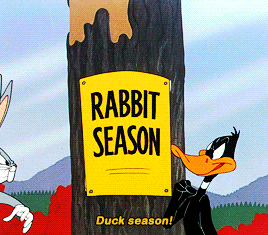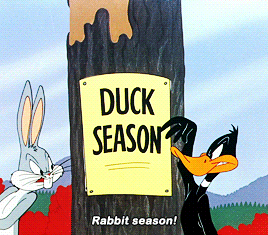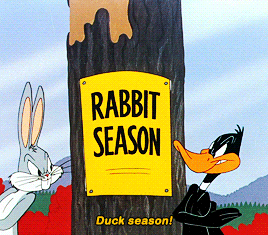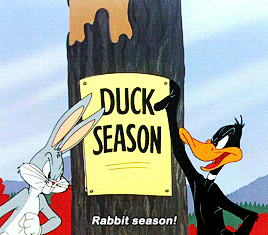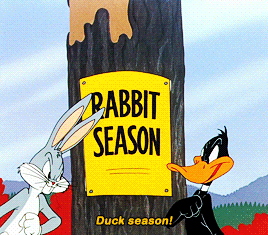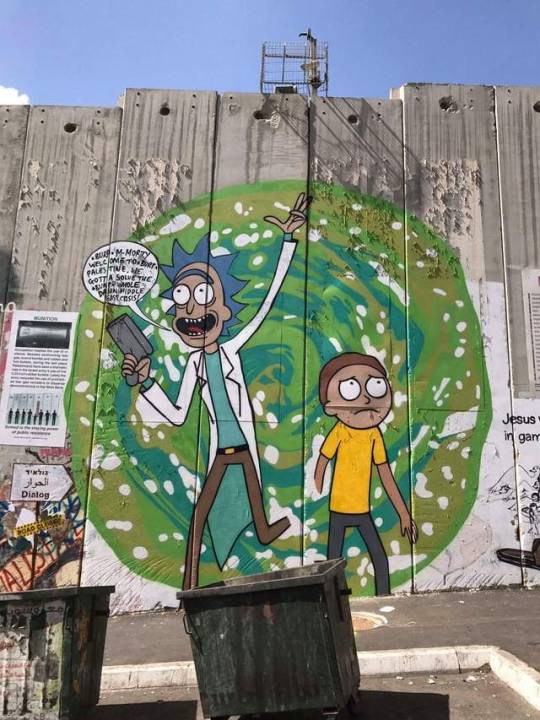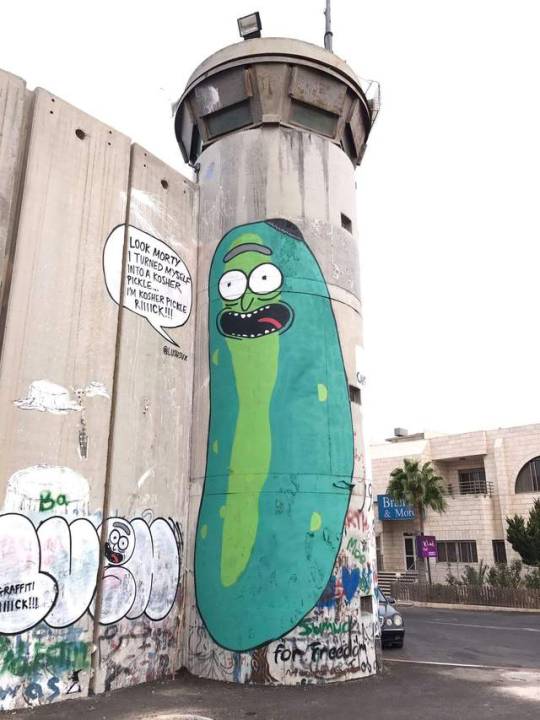Don't wanna be here? Send us removal request.
Text
💖 Tapestries gives me life 💖
This is a great idea for those wanting to create a unique home decor in a space. A tapestry hanging from your ceiling can add a wonderful scenic feature to your room, giving some love to the most forgotten element of your home… the ceilings! So why not hang a special ceiling tapestry for that?
We have 20 differents tapestry designs! A Great Gift for your Friends and Family. 💖


–> GET THE MOON TAPESTRY HERE <–
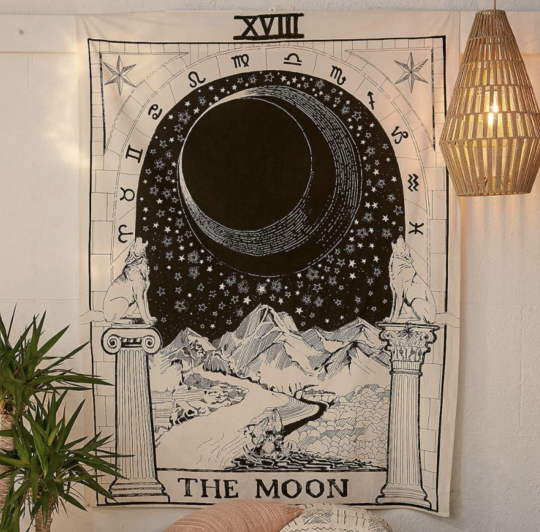
–> GET TRUST YOUR PROCESSS TAPESTRY HERE <–

–> GET THE PHASES MOON TAPESTRY HERE <–

–> GET THE COLORFUL MANDALA TAPESTRY HERE <–

–> GET THE INSPIRATIONAL TAPESTRY HERE <–

–> GET THE STARRY NIGHT TAPESTRY HERE <–
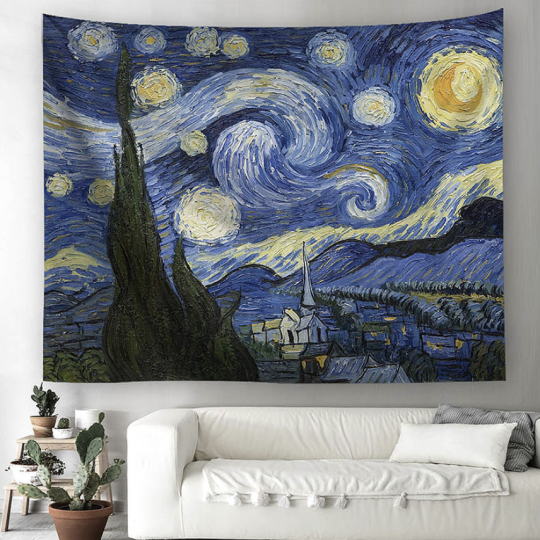
–> GET THE START TAPESTRY HERE <–

–> GET THE PHASES MOON TAPESTRY HERE <–

–> GET THE GREAT WAVE OFF KANAGAWA TAPESTRY HERE <–

–> GET THE SUN TAPESTRY HERE <–

31K notes
·
View notes
Photo









This is a prototype chair I made in some beautiful fine grained Larch from Siberia. The design had been floating around in my head for a couple of years and now and I finally had the time to build the first iteration. The joinery is not completely sussed out yet. I used screws on this piece in order to fune tune the back rest angle and seat angle with shims. I have to say though, for my first chair design and build, it’s pretty comfortable!
315 notes
·
View notes
Text
Wirt's Inferno/Dante's Unknown: Allusions to the Divine Comedy in Over the Garden Wall
Introduction
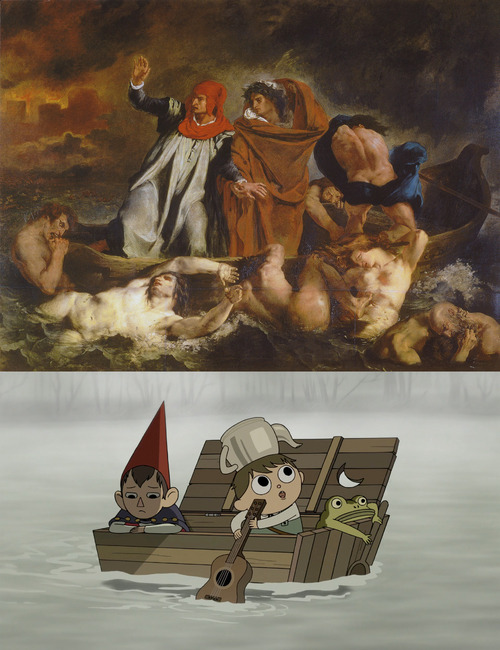
I must stress that the parallels I draw between Over the Garden Wall and Dante’s Inferno are rather broad as they study the overall themes of the latter in comparison to the occurrences in the former. In my defense, the work that chartered what many consider to be the definitive version of Hell, while undoubtedly a monumental and well-constructed masterpiece of literature, contains several understandable prejudices of the author that are not reflected in the cartoon proper. The primordial spirit of the circles however, the fundamental vices that make the Divine Comedy resonate even centuries later, are incorporated into the narrative as are the broad strokes of Dante’s strange journey through the afterlife.
The Travelers
Wirt

Wirt, like Dante, is a poet and shares several traits with the Italian soldier and occasional politician. One of the most obvious of these besides his enjoyment of prose is his infatuation with a girl he finds to be truly exceptional, Sara. Like Dante, he seems content to appreciate her from afar and like Dante’s Beatrice, Sara inspires Wirt to create art in his poetry and clarinet mixtape. However, this distance he places between him and her is shown to be a source of great unhappiness, and while he does go on a fantastic adventure in the vein of “courtly love” (a concept Dante lionized) that inexplicably gives him an opportunity to tell her his feelings, it’s made clear that just talking with her would’ve saved him a lot of trouble.
Pride is another quality that Wirt and Dante share. Despite his lack of self-esteem, Wirt tries to, with mixed success, lord over the one person he is confident and cruel enough to impose upon: Greg, who he believes to be an immature imbecile. I must call to your attention that a surefire way to be sent to the Inferno is to be in denial of your own wrongdoings. Wirt is the principle reason that he and Greg wound up in the Unknown, but his insistence that he is guiltless and that Greg is at fault is strongly implied to be the major obstacle preventing them from leaving it.
Then there are the realms themselves. Though one of the most popular visions of the Judeo-Christian underworld, Dante’s Inferno was a very personal invention and reflected a multitude of the author’s own interests and beliefs. Similarly, it’s heavily implied in the ninth chapter that the Unknown was constructed out of Wirt’s (and some of Greg’s) experiences and hobbies. Both poets likewise find themselves frequently bemused in their quests, despite the strange lands they are stranded in containing a multitude of things they are familiar with.
On a bittersweet note, Wirt has one immense difference that sets him apart from Dante: Wirt actually succeeded in returning home while Dante spent his later years exiled from his beloved Florence, lamenting his separation from his birthplace.
Beatrice
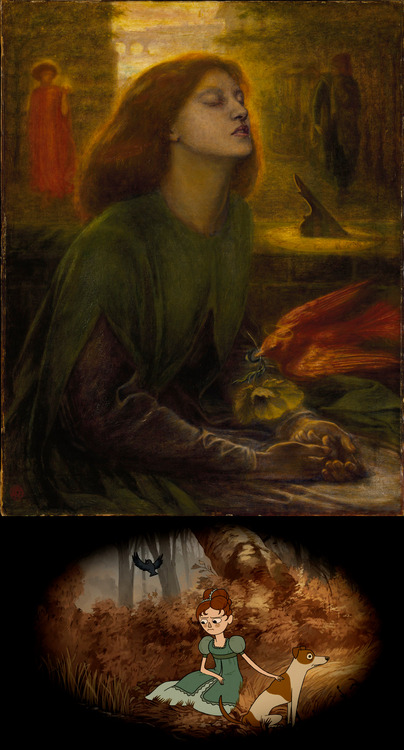
While the creative talents behind the program have confirmed that Beatrice was named after Dante’s muse and guide in Paradiso, the Beatrice of Over the Garden Wall spends most of the story being the antithesis of her namesake; discouraging what she considers to be frivolous flights of fancy and spending half of the miniseries leading the brothers to ruination rather than salvation. After undergoing a personal journey of her own, her behavior becomes more in line with Dante’s lost love, saving Wirt and even accompanying him during the last part of his eerie pilgrimage.
Greg

Wirt’s Virgil. While more spontaneous and prone to distraction, Greg is something of a poet himself, composing several uplifting songs over the course of the chapters in contrast to his brother’s defeatist lamentations. These improvised tunes being beloved by others and Wirt’s eloquent moanings being ignored (by Greg) or mocked (by Wirt himself) allude to how Virgil and Dante’s poems were regarded during the Divine Comedy respectively. Greg may not have a working knowledge of the Unknown, but his courage and curiosity place him in a better position to engage and resolve the trials the pair face, making him an unorthodox guide to his older and craven sibling. As it was with Virgil, Greg is incapacitated during the final leg of the journey, and Wirt must solve the mystery of the Unknown without him.
The Entrance: Abandon all hope, ye who enter here

Dante’s quest begins in a forest. In Wirt and Greg’s case, that’s true in more ways than one. As our Narrator kindly reminds us, the Unknown can be entered by those “who travel through the wood”. This applies to the part of the Unknown they find themselves in initially and the near death experience they shared after almost drowning in a wooded area.
Echoing Dante’s opening plight, Wirt and Greg are pursued by a savage monster. Though Greg’s quick thinking saves their lives, mirroring Virgil’s rescue of Dante from the three beasts chasing him, the altercation destroys the safe haven of the mill, forcing the two of them to travel deeper into the Unknown. Before they go, the Woodsman warns them that the surrounding woods are the home of the Beast, “the death of hope”. However, defying the famous epithet that marks the entrance to the Inferno, he later clarifies that losing hope is about the last thing you want to do in the Unknown as it puts you squarely in the Beast’s clutches.
The First Level: Limbo

Pottsfield is not Limbo itself as the Unknown fits that description better, but it embodies the dilemma that is usually presented to characters that realize they are in Limbo: stay here and be at peace or struggle further in the hopes that you will return home. The passive Wirt is momentarily seduced to choose the first option by how simple and quiet “life” there is and him changing his mind is done more out of being disturbed by the town’s macabre disposition than any real strength of will on his part. Fittingly, as is the fate of those that move past this relatively idyllic portion of hades for deeper zones, this arguably puts him in even greater danger.
Note: The town gets its namesake from a “Potter’s Field”, a type of gravesite for unknown corpses. Conversely, the denizens of Pottsfield all seem to have names, perhaps having regained the identities “lost” during their burial.
The Second Level: Lust

Miss Langtree’s fixation over Jimmy Brown’s supposed infidelity renders her unable to teach. This subsequently renders the sacrifices of her father to keep the school open moot, who in turn accuses Jimmy Brown of “gallivanting”. The two of them are not necessarily bad people, but much like Wirt, they’re too busy moaning about their troubles to fix them. This is made more evident by how Jimmy wasn’t up to any sort of debauchery and was merely working hard to consummate his love for Miss Langtree in the proper fashion. Therefore lust in practice is not the debilitating force here, but the obsession over it.
The Third Level: Gluttony

The patrons and staff of the tavern are people of purpose. Each has their role, their profession, and thus an identity to call their own. All are welcome, even thieves and killers. There is however, one major exception: The Beast. Despite having a “job” of his own and a great singing voice, he is feared and reviled all the same. The innkeeper implies that this is due in part to how the beast lies to get what he wants, in contrast to an “honest” scoundrel like the Highwayman.
There is also the fact that, unbeknownst to those who fear him, the Beast doesn’t actually “work with his hands” and instead tricks people into acting as his proxies. The metamorphosis into an Edelwood tree, might not even be his own doing. It could just be something that happens to those that fall to despair in the Unknown, a quirk of the land that he exploits so he can keep his lantern fed and even that might be a cruel indulgence. He is not a tradesman, foul or not, he is a parasite. To summarize, the Beast and his lantern are entities of excess as they do not truly earn what they so gratuitously consume.
Note: Something else worth mentioning is how Greg keeps bringing food to his and Wirt’s table to satiate his hunger, but no one, not even his Frog, is ever shown eating any of it.
The Fourth Level: Greed

Quincy Endicott is dead. The tombstone in the Eternal Garden cemetery all but proves that. Thus his and Marguerrite Grey’s fear of one another is simultaneously justified and absurd. Fair enough, but the core theme of this episode doesn’t lie in a Sixth Sense-esque twist, but in the insatiable sinkhole of greed. Quincy is rather frank (while stepping on franks) that his entire life was/has been dedicated to the accumulation of money. He is also quick to tell us that these riches have gone into making his home bigger and in turn, more hollow. Consequently, the tea tycoon is made to feel small and alone in his own house, unable to derive joy from making money as he confesses to despising the beverage he peddles: Indeed, he all but states that he’s done reprehensible things to amass his fortune. He has no one to talk to apart from his peacocks as his estate is devoid of any staff; only opulent furniture keeps him company indoors. The mansion itself is apparently turning on him as well, coming into the possession of new rooms and wings that he can’t recall commissioning that make him feel more lost and confused than ever. There is a glimmer of beauty and hope in this increasingly alien environment when he chances upon a portrait of a beautiful woman, and then things get even worse for him until his “nephews” bail him out.
The punishment of this circle for those who lived their lives with avarice in their hearts is an eternal jousting match where they are put on one of two sides and “joust” with one another using massive weights. This is expressed in how despite living in the same building, Quincy and Marguerrite have spent an undefined amount of time barely missing one another; locked in a frustrated and chaste dance with no end in sight. For as far as the two of them are concerned, to confront one another directly only has two awful outcomes: the ghost is real, making their love unfeasible or there is no ghost, which would mean that the two of them have gone mad. A line shared by the star-crossed aristocrats when they recognize one another’s names proves that this is all an immense allusion to their situation before they died. They had never met, nor knew what the other looked like. What they did know was that the opposite party was their “business competitor”, a reprehensible entity that dared to get in the way of them gaining a monopoly on tea, a scoundrel that hampered the accumulation of personal wealth. How could they have known that the cure for their loneliness lay in the arms of their respective rivals? And so it was that these two nobles would spend their hereafters haunted by the specter of the love and happiness they deprived themselves of during their mortal existences; architects of a gilded mausoleum. Thankfully, Wirt and Greg help overturn this bedlam and a happy conclusion is reached for Endicott and Grey, who manage to put aside the past animosity that kept them apart while they still had pulses.
Fred is also a creature of greed, a literal horse thief who despite his lack of hands has apparently stolen a great many things before meeting our protagonists. Once he is confronted by the possibility that his kleptomania might get him killed, he swears that he will cease his wrongful purloining and get an honest job. True to his word, he elects to stay behind with Quincy and Grey as “an official tea horse.” In a moment that is up for debate and interpretation, the epilogue has a scene where Marguerrite is staring at a portrait of Quincy and Fred. If this was painted before she and Quincy properly met, mirroring how Quincy fell in love with her image in the painting, then Fred might very well have been Endicott’s steed when they were both alive, adding a sense of irony to the horse unwittingly trying to steal from his former master.
The Fifth Level: Anger and Sorrow

While this circle is primarily associated with Anger, the sullen are punished here as well. They are cursed to eternally drown in the waters of the River Styx, where there is no hope of salvation or joy with the frogs sinking into the mud acting as a visual representation of this. Though the brothers begin the episode with much optimism and mirth, the discovery that their entire quest was a farce causes Wirt’s spirits to sink, dragged down by the betrayal of someone he considered to be his friend. Wirt, as we are soon to find out, doesn’t have many friends. Worse, he is without a guide, and he and Greg are rendered more lost than ever before with no clear goal to work towards.
Anger is expressed in the simple, but understated act of Wirt stealing Adelaide’s scissors, despite having no real use for them himself past cutting the strings, in order to punish Beatrice for deceiving him and Greg.
Note: I would be remiss not to mention the various references to the afterlife in the voyage itself that others have noted in the past. The ferry is Charon’s boat of course, and the two cents acting as the two coins that the morbid boatman usually accepts as his fare. The frogs hibernating in the mud could also be called them taking a “dirt nap”, a colloquialism for being dead and buried.
The Sixth Level: Heresy

Witches and evil spirits are the obvious embodiments of the circle’s theme of heresy, but this episode also has the power of doctrine as a central theme. After all, what is a heretical action without a coda to rebel against? The bell’s hold over Lorna and the Evil Spirit represents the power of instruction. Rules and laws have the capacity to oppress and protect, to enslave or liberate. Auntie Whispers feared Lorna leaving her once she was cured and used the bell to forcefully keep her niece at her side by restraining the spirit, but not exorcising it. Greg had the gumption to use the bell against Lorna, but was too callow to understand how to use it properly. Ultimately it is Wirt, the one usually wracked with indecision and uncertainty that realizes what must be done and does what Whispers was too selfish (and Greg too ignorant) to do.
The Beast is shown to use a doctrine of his own to manipulate the Woodsman. Simple rules: keep the lantern lit and your daughter “lives”. When the Woodsman wonders if there is “a better way”, the Beast is adamant that his word is law and his methods absolute. He is lying of course, but by himself, how can the Woodsman hope to see past the only options presented to him?
The Seventh Level: Violence
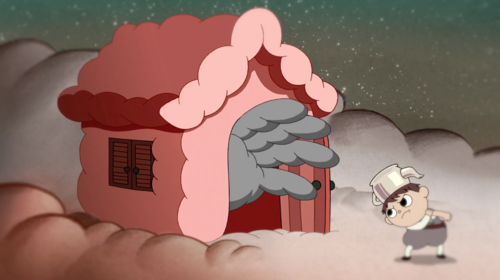
A small scale war is waged between the People of Cloud City and the frightfully destructive North Wind. The elemental eventually comes into direct conflict with Greg and the climax of the episode is a battle on two fronts as the blustering bruiser attempts to trounce Greg in his sleep and freeze him outside of it. The boy triumphs with his usual mixture of audaciousness and creativity; of course you can beat a raging storm by stuffing it into a bottle!
Prominent features of this level of the Inferno include a treacherous river located in the outer ring (as represented by the one Wirt and Greg travel on during the chapter’s start, and the one Wirt falls into at its end) and a terrible storm in the inner ring (The North Wind). The middle is what’s most interesting to people that are familiar with both the Divine Comedy and Over the Garden Wall as it is filled with grotesque trees made from the bodies of those that committed suicide, individuals that gave up on living and surrendered to self-destruction. Wirt is rescued from this terrible (and self-inflicted) transformation by Greg’s sacrifice, but the connection remains rather poignant as it helps build on the idea that the Unknown is a place between life and death.
The Eighth Level: Fraud
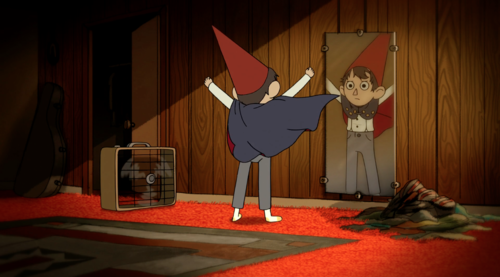
Halloween is a day of the dead and a day of disguise. It is a night of imposters and make-believe. What better time to play out the themes of fraud than this? Paradoxically, it is also where a great many truths are revealed alongside a showcase of the many lies that Wirt has invented to exonerate himself from his own cowardice. Among the things we learn is that Wirt and Greg are two American children from the late 20th century, the Garden Wall that the show’s title alludes to was that of a cemetery (named “Eternal Garden”), and that Jason Funderberker isn’t the stud Wirt whines about him being.
Perhaps the greatest display of this episode’s themes lies in Greg and Wirt’s apparel. Greg explains that he wears a tea kettle on his head because he’s pretending to be an elephant. It’s a simple and abstract costume, but one with purpose. Then there’s Wirt’s more elaborate ensemble. When asked what he’s dressed as, Wirt can’t answer the question. He has no idea. The montage of him assembling its components might’ve given him a burst of confidence, but it is ousted as having been utterly nonsensical. That is not to say that Wirt is not masquerading as something. It’s just that he’s disguised as someone who’s wearing a costume: a charlatan’s charlatan.
Counterfeiters and hypocrites rate high (or low, depending on how you look at it) on this plane, and Wirt’s a little bit of both. He wants someone to lead the way and be brave for him, but resents Greg’s aid. His carelessness is what loses him the tape in the first place, which he blames Greg for. Wirt also mistakes his brother’s initiative for recklessness and kneecaps whatever progress Greg’s actions might’ve netted him. Finally, he creates an obtuse narrative that frames Greg and his stepfather as saboteurs due to their insistence that he join marching band. Had he listened, the act might’ve brought him closer to Sara, who he considers lost to him now due to the imagined sabotage. Through reflection, Wirt realizes this and against his usual cowardice, heads out into a brutal blizzard in hopes of saving the brother he disowned and practically drowned.
The Ninth Level: Treachery

As with any circle, this one closes where it began. It is a chapter of resolution, but also of return. The final act of the production is set in the woods surrounding the Old Grist Mill, the primary location of the first chapter’s happenings now repaired. It is winter, and even those who only have a broad knowledge of Dante’s Inferno know that while the upper levels of that dismal pit may be rife with fire and brimstone, the very bottom is deathly cold.
The Beast is decked out in satanic narrative and visual trappings from across the centuries: the horns, the name, the association with darkness and witchcraft, the predilection for making deals with the desperate and the gullible, and a monstrous reputation that’s justified by the evil he masterminds and commits. He fools his victims into committing worthless and futile acts that serve no higher purpose outside of his personal benefit. Above all else, he is treacherous, a trait that is made distinct from fraud by how it is a betrayal of a more intimate sort. In insincere defiance of his fearsome reputation, he tries to pass himself off as helpful and altruistic; telling the Woodsman, Greg, and Wirt that he’ll help them out if they perform some simple, but essentially idiotic tasks for an indefinite (read: forever) amount of time. Fittingly, it’s Wirt, whose character arc has him learning to stop being a pushover and take responsibility for himself, who sees through the passive-aggressive charade and puts the villain into a corner.
We are given a brief flash of the Beast’s actual appearance, a horrific mass of flesh made up of dozens of anguished faces. His many mouths were a conscious design choice by the creative team to incite feelings of trypophobia (a fear of holes) in viewers with that brief glance, but they’re also symbolic of the circular nature of the Beast. A shadow cannot exist without light; his existence depends on keeping the lantern lit, but he can’t carry it around himself because doing so would reveal to all those he approached that the infamous Beast is nothing more than an abomination built from weakness, a wretch. The Devil of Dante’s Inferno was a fiend with multiple mouths that was comparatively imprisoned by his own wickedness. Over the Garden Wall is rife with characters that are trapped or feel they are trapped (Wirt, Greg, Jimmy Brown, the Langtrees, Quincy, Lorna, etc.), so it’s only fitting that the show’s antagonist is in an inescapable predicament of his own.
The ending of the first part of the Divine Comedy has Dante and Virgil escape Hell by climbing deeper into the earth using Satan’s body. In time, they pass right through the center of the planet and come out the other end. By going down, they eventually came right back up elsewhere. Such is the case with our protagonists as the Beast’s vanquishing facilitates a great many escapes and returns. Wirt returns to consciousness in the water and saves both himself and Greg from drowning; Beatrice, after unintentionally proving her nobility to Wirt, returns to her family with the scissors that will cure them all; the Woodsman reluctantly returns home and to his joy, discovers he was grossly deceived; we get an epilogue of sorts that shows us the secondary characters in states mirroring the ones they were in during the prologue, but mostly altered for the better; and the program ends as it began with the piano playing frog, who reveals (as hinted in the sixth chapter) that he was the narrator all along and might’ve made the whole thing up.
13K notes
·
View notes
Text
YERYÜZÜ AŞKIN YÜZÜ OLUNCAYA DEK
Aşksız ve paramparçaydı yaşam bir inancın yüceliğinde buldum seni bir kavganın güzelliğinde sevdim. bitmedi daha sürüyor o kavga ve sürecek yeryüzü aşkın yüzü oluncaya dek!
Aşk demişti yaşamın bütün ustaları aşk ile sevmek bir güzelliği ve dövüşebilmek o güzellik uğruna. işte yüzünde badem çiçekleri saçlarında gülen toprak ve ilkbahar. sen misin seni sevdiğim o kavga, sen o kavganın güzelliği misin yoksa...
Bir inancın yüceliğinde buldum seni bir kavganın güzelliğinde sevdim. bin kez budadılar körpe dallarımızı bin kez kırdılar. yine çiçekteyiz işte yine meyvedeyiz bin kez korkuya boğdular zamanı bin kez ölümlediler yine doğumdayız işte, yine sevinçteyiz. bitmedi daha sürüyor o kavga ve sürecek yeryüzü aşkın yüzü oluncaya dek!
Geçtiğimiz o ilk nehirlerden beri suyun ayakları olmuştur ayaklarımız ellerimiz, taşın ve toprağın elleri. yağmura susamış sabahlarda çoğalırdık törenlerle dikilirdik burçlarınıza. türküler söylerdik hep aynı telden aynı sesten, aynı yürekten dağlara biz verirdik morluğunu, henüz böyle yağmalanmamıştı gençliğimiz...
Ne gün batışı ölümlerin üzüncüne ne tan atışı doğumların sevincine ey bir elinde mezarcılar yaratan, bir elinde ebeler koşturan doğa bu seslenişimiz yalnızca sana yaşamasına yaşıyoruz ya güzelliğini bitmedi daha sürüyor o kavga ve sürecek yeryüzü aşkın yüzü oluncaya dek!
Saraylar saltanatlar çöker kan susar birgün zulüm biter. menekşelerde açılır üstümüzde leylaklarda güler. bugünlerden geriye, bir yarına gidenler kalır bir de yarınlar için direnenler...
Şiirler doğacak kıvamda yine duygular yeniden yağacak kıvamda. ve yürek, imgelerin en ulaşılmaz doruğunda. ey herşey bitti diyenler korkunun sofrasında yılgınlık yiyenler. ne kırlarda direnen çiçekler ne kentlerde devleşen öfkeler henüz elveda demediler. bitmedi daha sürüyor o kavga ve sürecek yeryüzü aşkın yüzü oluncaya dek!
0 notes
Photo
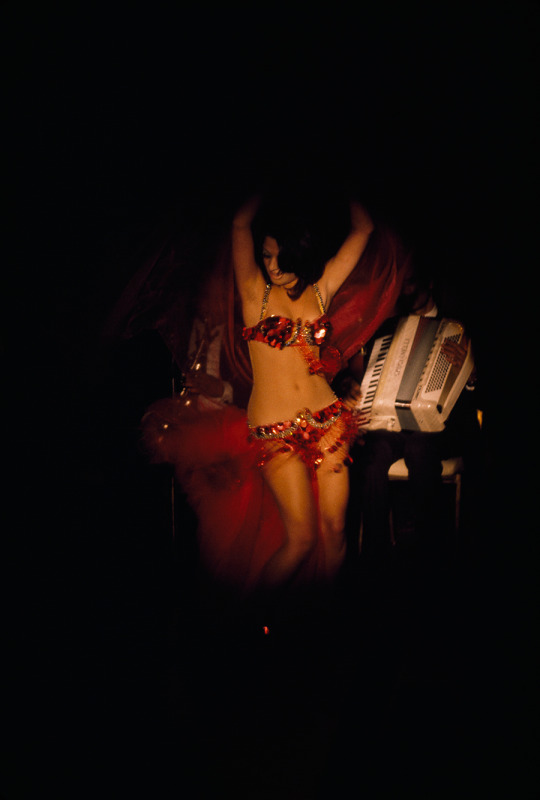
An Egyptian belly dancer performs for tourists in a nightclub in Cairo, 1972. Photograph by Winfield Parks, National Geographic Creative
10K notes
·
View notes

